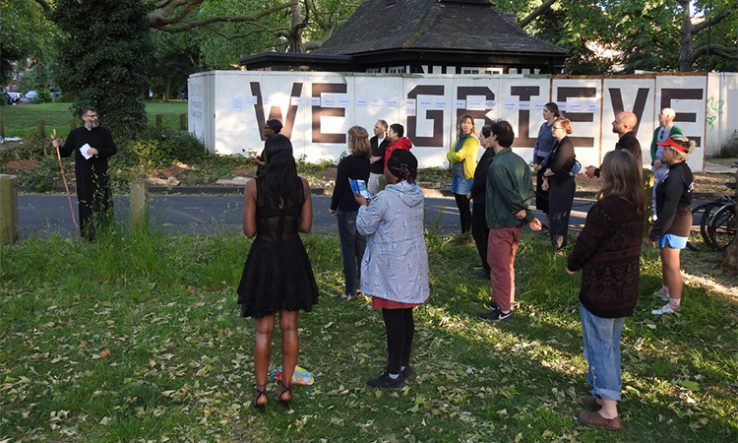
Image: heardinlondon, via Shutterstock
Projects aim to explain and mitigate disproportionate death rate from Covid-19 in BAME communities
UK Research and Innovation and the National Institute for Health Research have jointly invested £4.3 million in six projects aimed at explaining and mitigating the disproportionate death rate from Covid-19 among people from black, Asian and minority ethnic backgrounds.
The projects will explore the impact of the virus specifically on migrant and refugee groups, and work within BAME communities to create targeted, digital health messages.
They also plan to introduce a new framework to ensure the representation of people from BAME backgrounds in clinical trials testing new treatments and vaccines for Covid-19, as well as to create one of the UK’s largest Covid-19 cohorts.
“It is now abundantly clear that Covid-19 disproportionately affects people from black, Asian and minority ethnic backgrounds,” said UKRI chief executive Ottoline Leyser. “Urgent action must be taken to determine and address the factors underlying this disparity.”
On 29 July, UKRI also issued a new call for proposals “to tackle the gaps in the research landscape” in this area.
The call is for research on the vulnerability of minority ethnic groups to Covid-19 and the emerging social, economic and cultural impacts of the pandemic on these groups. UKRI said it wants to fund one or two consortia, with a combined value of up to £5 million.
Recent analysis of coronavirus research funding revealed that less than 0.3 per cent of Covid-19 R&D funding globally went to BAME issues.